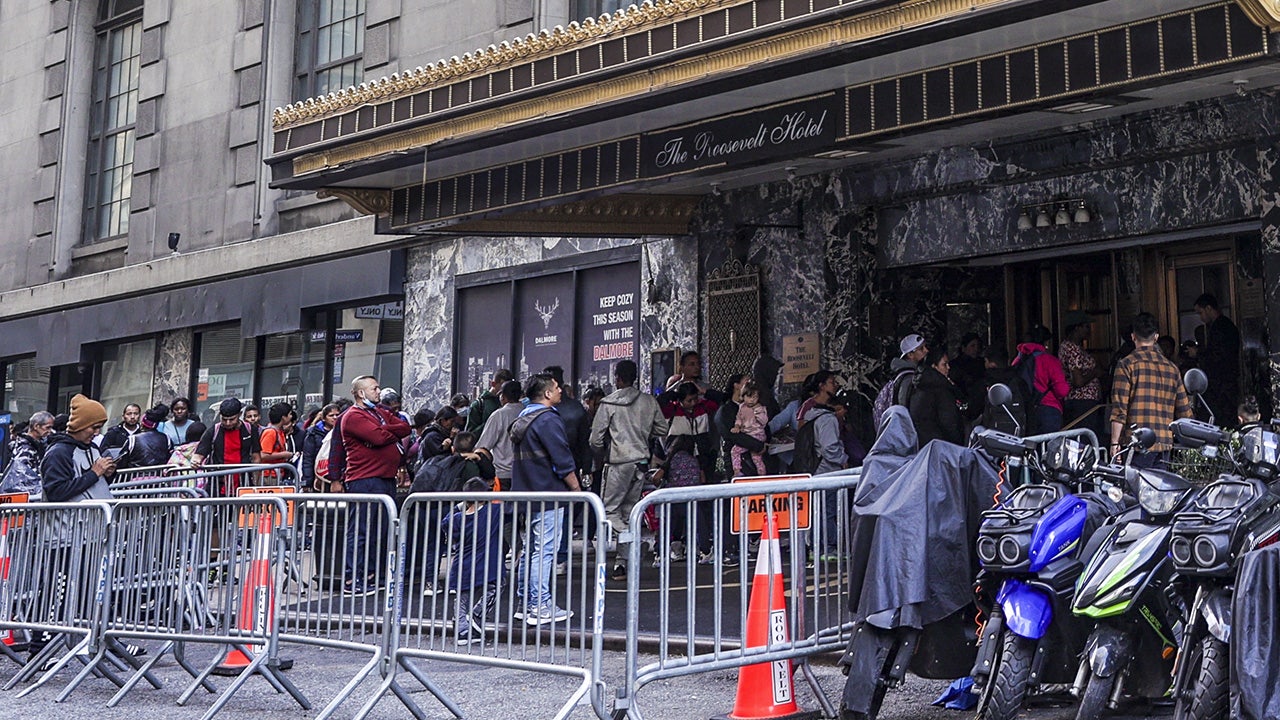Mobolaji Ajayi is the founder and CEO of Purelife Pharmacy
From exporting Nigerian superfoods globally to innovating in the pharmacy sector, three entrepreneurs interviewed by How we made it in Africa in 2024 demonstrate how businesses are seizing Nigeria’s opportunities.
1. Nigerian entrepreneur builds global superfood export business
Nigerian-born Timi Oke has always been drawn to agriculture. While working at a bank in the UK, he actively used LinkedIn to explore opportunities in the sector. In 2012, his efforts led him to connect with an importer in Mexico interested in sourcing hibiscus from Nigeria.
Nigeria has become a key player in the global hibiscus supply chain, driven by a preference for the country’s healthier, non-GMO varieties.
At the time, Oke was still employed at the bank, so his brother and co-founder traveled to Kano, in northern Nigeria, to purchase hibiscus from aggregators who sourced it from smallholder farmers in the region.
Once the first order was completed and payment received, Oke left his banking job and moved back to Nigeria to focus on the business full-time.
Initially, AgroEknor relied on aggregators to supply hibiscus, but this left the company with little control over pricing. Recognising the need for a different approach, Oke pivoted to working directly with smallholder farmers. Over time, the company experimented with various models of collaboration.
Today, AgroEknor works with over 7,000 smallholders. The company has set up collection centres near the farmers and supports them in various ways to help improve their yields. AgroEknor has also invested in its processing capacity, including the addition of a fumigation chamber.
Watch our full interview with Timi Oke
2. Identifying opportunities in Nigeria’s pharmacy sector
Mobolaji Ajayi is the founder and CEO of Nigeria’s Purelife Pharmacy, a business that combines pharmacy and primary healthcare services through both physical stores and an online platform.
Ajayi identified a gap in the market for a pharmacy business that goes beyond simply selling medication. She notes that pharmacies often serve as the first point of contact for many Nigerians seeking healthcare.
The company opened its first physical outlet in Lagos in 2021, supported by funding Ajayi raised from her family. To date, it has generated revenue 10 times the initial investment while remaining entirely bootstrapped.
Navigating regulatory hurdles was one of the early challenges for the business, as it operates at the intersection of pharmacy, medicine, and technology – each governed by distinct regulations.
Another persistent challenge is talent acquisition and retention. Nigeria has experienced an exodus of healthcare and tech professionals seeking better opportunities abroad, making it increasingly difficult to hire and retain skilled doctors, nurses, pharmacists, and tech specialists.
In 2023, Purelife launched a digital platform where users can purchase healthcare products, consult with doctors, and book lab services, including blood and urine tests, as well as vaccinations. While Purelife provides some of these services directly, it also collaborates with third-party providers, earning a commission when patients are referred to these external partners.
Purelife has also expanded its physical footprint to four branches across Lagos. These stores serve not only walk-in customers but also act as fulfilment centres for the company’s online business. Currently, about 25% of Purelife’s sales are generated online, a figure the CEO expects to grow over time.
Watch our full interview with Mobolaji Ajayi
3. Nigeria’s craft beer pioneer eyes $65m empire
“The Nigerian beer market is worth $6.5 billion per annum. Our goal is to get 1% of that. And if we get 1% of $6.5 billion, then that’s a $65 million a year business,” says Kevin Conroy, the Scottish-born co-founder and CEO of Bature Brewery, Nigeria’s first craft beer maker.
Founded in 2017, Bature has introduced a variety of craft beer brands infused with local ingredients. Its offerings include Lagos Lager, Black Gold Stout (flavoured with Nigerian coffee beans), Harmattan Haze IPA (with mango and apricot notes), and Shakara (brewed with locally sourced hibiscus). The company incorporates Nigeria’s vibrant music and fashion scenes into its packaging and marketing materials.
Conroy arrived in Nigeria in 2012 to work on a UK Department for International Development project aimed at improving the West African country’s business and investment climate. Initially stationed in the northern city of Kano, he later moved to the capital, Abuja.
By 2016, Conroy had grown tired of drinking commercial beers manufactured by multinational brewers Heineken, Diageo and AB InBev, which together control the market. Inspired by the global rise of the craft beer industry, he decided to try brewing his own beer. With the help of his neighbour, James Turley, an Irishman, they set up a small home brewery in a spare bedroom in Conroy’s Abuja apartment. While Conroy continued his day job, the duo brewed on Saturdays. The beer would take two weeks to ferment, yielding 50 bottles, which they mostly consumed themselves.
Conroy and Turley would bring brewing ingredients, such as malt and hops, back in their suitcases whenever they travelled to the UK. “It was hilarious at the airport when they inspected the bags … We just explained we were making soup,” Conroy recalls.
People soon started asking if they could buy the beers, prompting Conroy to consider commercialising his hobby. “Craft beer business was blowing up in the UK and the US and we thought if we could just take all these fruits, spaces, flavours, culture, music, fashion that we see around us, and actually put it into a beer, we can do something really special. So let’s try and actually turn this into a business,” he says.
Read our full interview with Kevin Conroy





















Discussion about this post